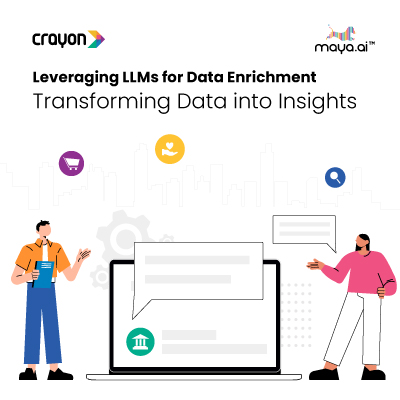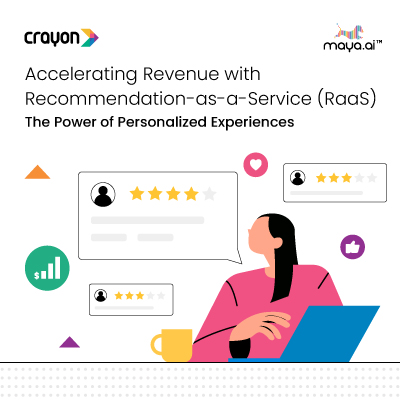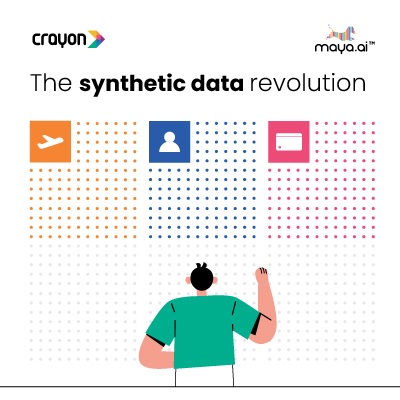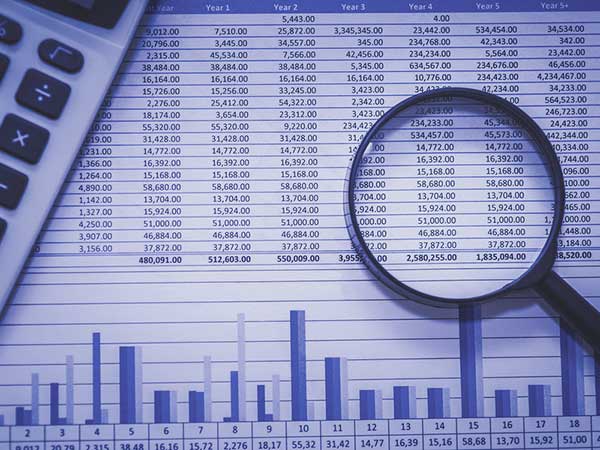Many companies have acknowledged the effectiveness of big data. Businesses that exploit big data benefits have reported a significant reduction in operational costs, improved decision-making, and high customer retention and satisfaction rates. Big data has been applied in many industries, from banking to manufacturing. The ability of companies to gather and analyze information in real-time is essential for growth and sustainability.
One of the industries that have missed out on big data and analytics opportunities is the auditing industry. Internal and external auditors have not fully utilized the benefits of real-time data insights in ensuring compliance and enabling companies realize their full potential. Big data has many applications in the auditing field. Gathering information from past events can help companies make analysis that affects future outcomes. Big data provides valuable insight for auditors and other stakeholders with regards to the value of specific operations.
Identifying the applications and impact of big data is not easy. This paper seeks to break down how big data can be used in the auditing process.
The Benefits of Big Data In Auditing
Auditors can use Real-time data analysis to remove the limitations in their projects and to make comparisons with large volumes of data. Since artificial intelligence and automation are used in big data, large volumes of data are processed to provide auditors with great insights. For example, auditors can make decisions based on a review of previous cases regarding non-compliance and fraud. Auditors are also up to date with the latest policy changes.
Big data has made it easier for financial auditors to adjust their reporting process and spot fraudulent transactions. Auditors are also able to flag risks in time and perform accurate audits.
Before using data analytics for auditing, you should have efficient data aggregation and management systems. All information that is subject to review during auditing needs to be accurate. This ensures that the auditors make decisions based on high-quality and authentic information. This is especially crucial because auditing affects decisions that are centered on risk, compliance, and investment.
Big data helps you automate the different aspects of the auditing process. One of the main reasons many businesses are non-compliant and end up spending a fortune in auditing is human error. This challenge can be overcome by automating repetitive manual tasks. The auditors are able to set up controls and leave the automated system to take over while they sit back and determine whether a company is following the established guidelines.
How To Protect Your Business In the Big Data Era
While big data promotes better and more accurate auditing, it should be adopted with caution. It is crucial to have a strong Cybersecurity policy to protect your business from fraud while at the same time promoting constant monitoring and assurance programs. To preserve the integrity of audits, you should have effective controls over:
- Change configurations: You need to change the vendor configurations to prevent outsiders from gaining access to your systems
- Network security: Use anti-malware and virus programs and other measures to provide malicious actors from infiltrating your systems and corrupting your data
- User access: Controlling user access to information will help prevent the manipulation of data, which would compromise the audit process
- Privileged access management: Helps you monitor the activities of privileged users who have access to specific data
The Application of Big Data In Auditing and Analytics
Many businesses struggle with applying big data in their auditing processes. Big data helps you collect information in a strategic way that enables you to get valuable insights. To leverage the benefits of big data, consider the following steps:
1. Set a Goal
Even before you set up parameters for analyzing data, you need to set your goals. Top management and internal auditors should contribute to your decisions regarding internal audits. Your expected outcome or goals should guide these decisions.
2. Recruit a Competent Team
After identifying your goal, you need to determine whether you have sufficient resources and capable professionals for the job. You need to have professionals who are familiar with making real-time data analysis and can manage huge stacks of information. You also need to prepare yourself to provide sufficient support, including training and strategies used during the auditing process.
With a viable method, you can easily implement analytics in every step of the auditing process. This also makes it easier to automate monotonous tasks and employ artificial intelligence for valuable insights.
In Conclusion
Big data is based on volume, variety, and velocity. Businesses that utilize big data in their audit programs have huge volumes of data from different locations. Big data adoption allows businesses to combine structured and unstructured data in a uniform manner and for valuable insights. Many businesses have discovered the numerous benefits of leveraging big data in their auditing processes to ensure compliance and improve operational decisions.




















